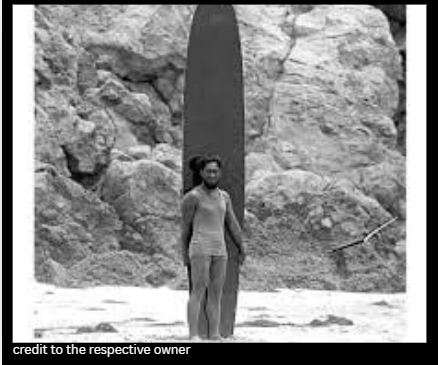In 1911, a 20-year-old Hawaiian named Duke Kahanamoku dove into the waters of Honolulu Harbor—and amazed the world.
He swam the 100-yard freestyle in 55.4 seconds, smashing the world record by more than four seconds. Yet instead of celebration, officials dismissed it. The Amateur Athletic Union insisted it must have been a timing error. After all, how could a barefoot islander outswim the world’s best athletes?
Duke didn’t argue. He simply kept swimming.
A year later, in Stockholm, Sweden, he stood on the Olympic podium, a gold medal shining around his neck. He won again in 1920, and even at age 34, he earned silver in 1924—beaten only by a rising star, Johnny Weissmuller, who would later play Tarzan on the big screen. Had the 1916 Games not been canceled due to war, Duke might have won even more medals.
But his legacy isn’t just about races or trophies. It’s about the waves.
A natural-born waterman, Duke carried surfing beyond Hawai‘i—bringing it first to California, then to Australia. With his longboard and easy smile, he became the Father of Modern Surfing, transforming a Hawaiian tradition into a global passion.
More than medals, he shared with the world the spirit of aloha: humility, joy, and unity.
Duke Kahanamoku proved that greatness isn’t about where you come from—it’s about the waves you leave behind.
